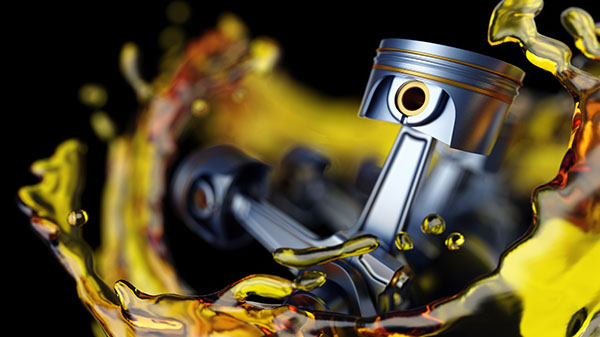
In the heart of your vehicle's engine, a small but mighty component works tirelessly to protect and maintain the engine's health and longevity. We are talking about the engine oil filter - it plays a critical role in your vehicle’s performance. We will take a look at what it does exactly, why it's so important, and a few maintenance tips, so don't miss out.
The Critical Role of the Engine Oil Filter
At its core, the engine oil filter removes contaminants from the engine oil that can accumulate over time. These contaminants include metal particles, dirt, and soot, which can wear down engine components and reduce efficiency. By filtering out these harmful particles, the oil filter helps maintain the quality of the engine oil, ensuring it can effectively lubricate and protect the engine parts.
Without a functioning oil filter, the engine oil would quickly become saturated with contaminants, leading to accelerated wear and tear, and potentially costly repairs.
Different Types of Oil Filters
Not all oil filters are created equal, and understanding the differences can help you make informed decisions about what’s best for your vehicle. Here are the main types of oil filters:
Spin-on Filters
These are the most common type of oil filters, known for their ease of installation and replacement. Encased in a metal can, these filters contain a paper filter element that traps contaminants.
Cartridge Filters
Older and more eco-friendly, cartridge filters consist of a replaceable filter media without the metal can. While they can be messier to change, they produce less waste since only the filter material needs to be replaced.
Synthetic Filters
Designed for synthetic motor oils, these filters have finer media that can capture smaller particles and last longer between changes.
Why Timely Oil Filter Changes Are Essential
An oil filter’s efficiency gradually decreases as it traps more particles, which is why regular changes are crucial. Failing to change the oil filter can lead to clogs, reduced oil flow, and eventually, engine damage.
Typically, it’s recommended to change the oil filter with every oil change to ensure the best protection for your engine. This not only prolongs the life of your engine but also maintains its performance and efficiency.
The Impact of Oil Filters on Engine Performance
A clean oil filter directly impacts engine performance by ensuring the oil remains free of contaminants that can cause friction and wear on engine parts. This optimal lubrication results in smoother operation, better fuel efficiency, and a quieter engine. Conversely, a clogged filter can lead to reduced oil flow, increased engine wear, and, ultimately, a decrease in performance and lifespan.
Choosing the Right Oil Filter for Your Vehicle
Selecting the right oil filter involves more than just fitting your car model. Consider the filter’s compatibility with the type of oil you use, its construction quality, and its filtration efficiency.
High-quality filters that can capture finer particles are generally recommended for newer, high-performance engines or if you’re using synthetic oil.
Always refer to your vehicle’s owner manual for manufacturer recommendations.
And if you are having issues choosing or changing it, our team is always here to help! Four Car Garage will take care of everything your car needs - from simple fluid changes to complex repairs!